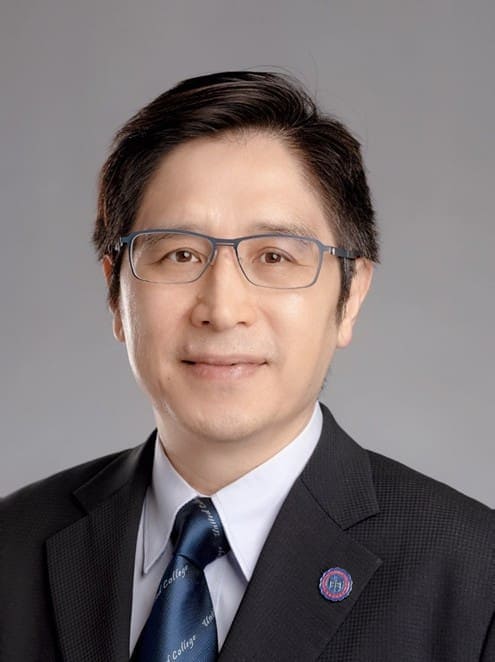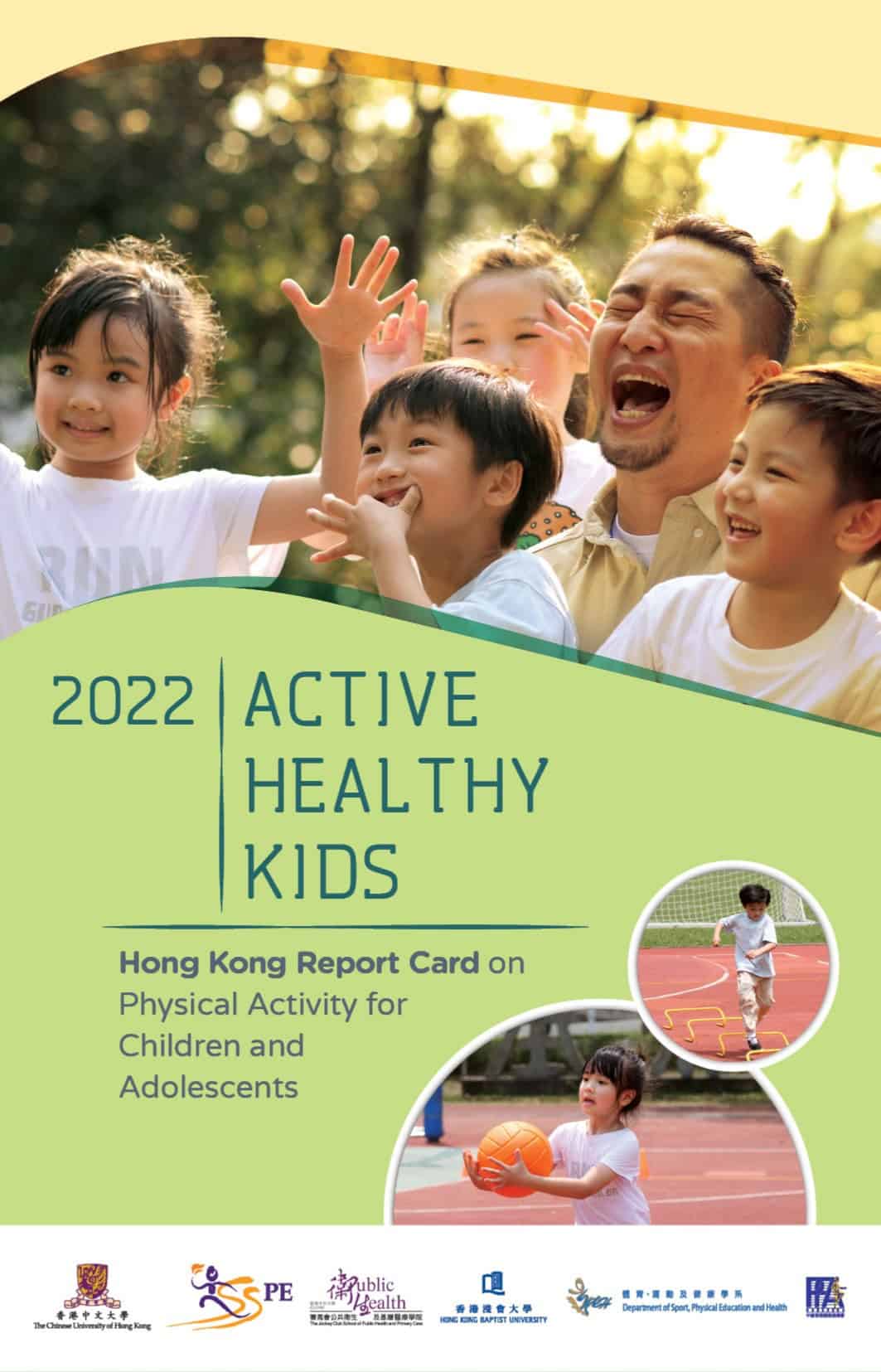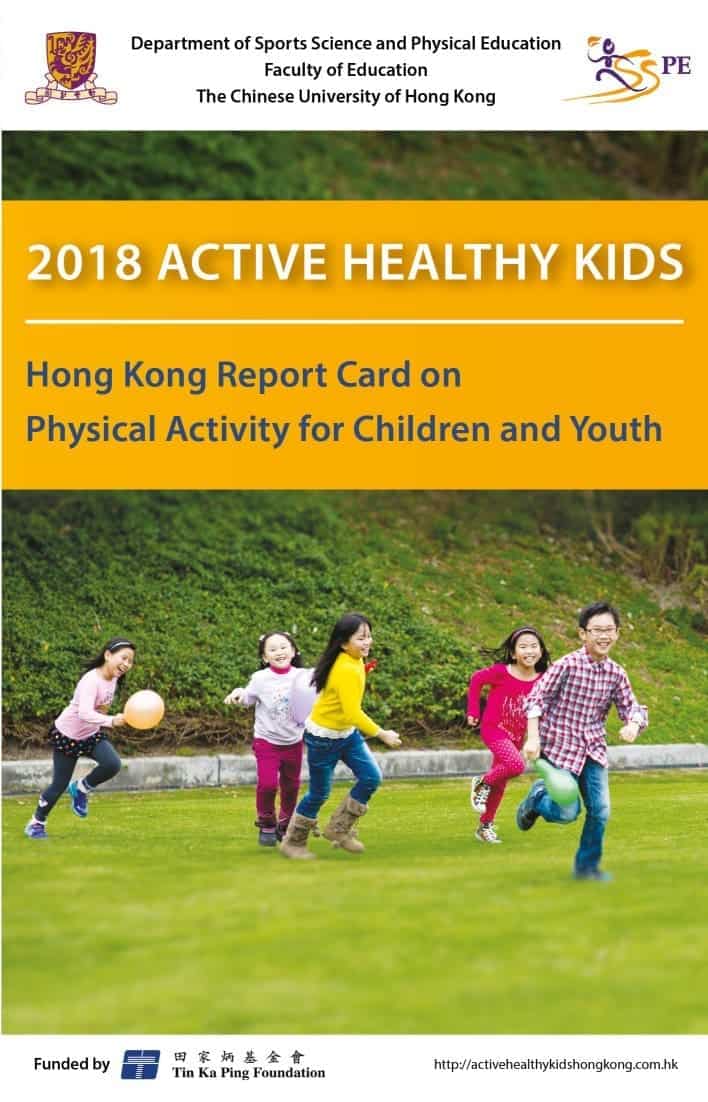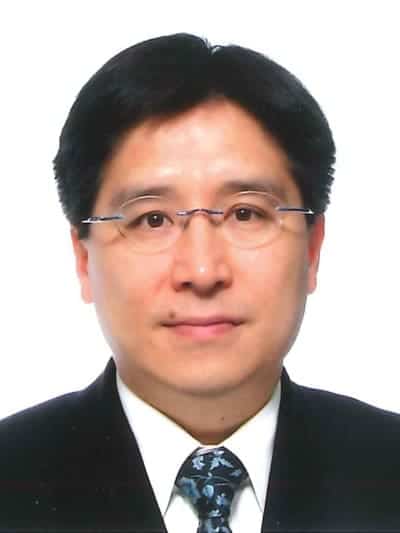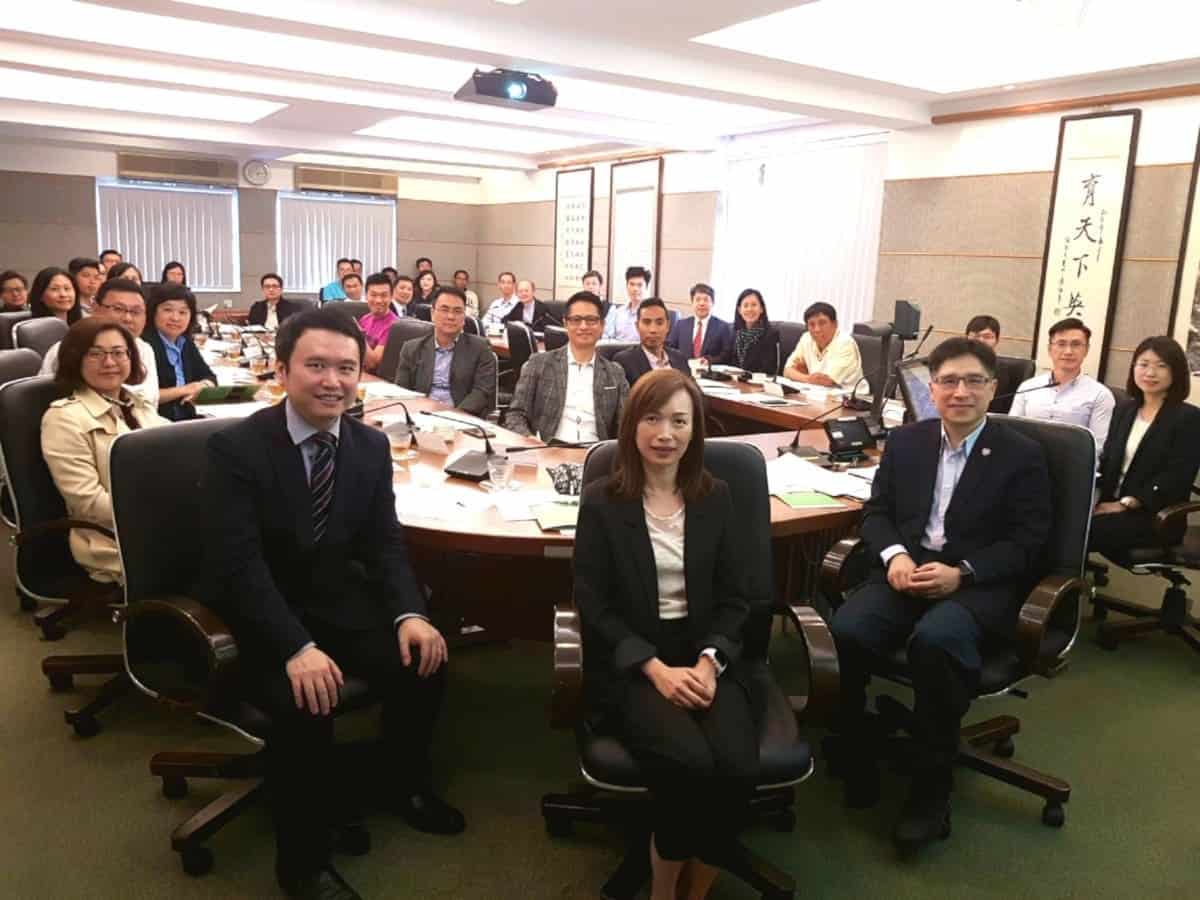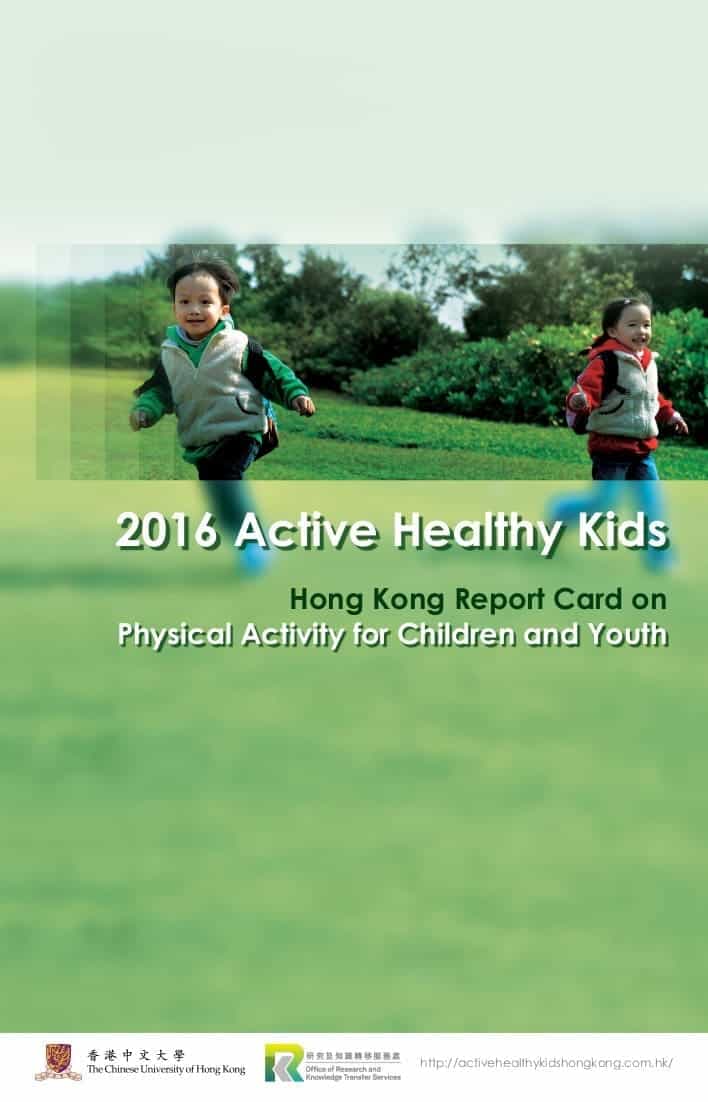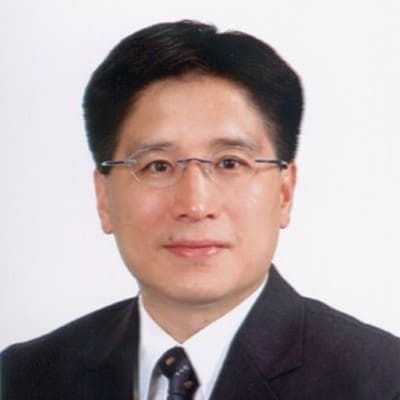
Report Card Leaders
Stephen H.S. Wong, PH.D., FACSM, R.Nutr.
Professor Stephen Wong is currently the Chairperson Professor of the Department of Sports Science and Physical Education, The Chinese University of Hong Kong (CUHK). He also serves as Head of United College and Director of the Hong Kong Institute of Educational Research, CUHK. Professor Wong is a Fellow of the American College of Sports Medicine (ACSM) and the Hong Kong Association of Sports Medicine and Sports Science (HKASMSS). He is the Editor-in-Chief of Journal of Exercise Science & Fitness and an editorial board member of numerous peer-reviewed journals such as International Journal of Sport Nutrition and Exercise Metabolism and International Journal of Behavioral Nutrition and Physical Activity. Professor Wong’s research focuses on physical activity and sedentary behavior, and the nutritional and metabolic aspects of exercise. He graduated with a bachelor’s degree in Education from The University of Liverpool. He obtained his M.Sc. in Sports Science and Ph.D. in Exercise Physiology from Loughborough University.
Wendy Yajun Huang, PH.D.
Dr. Wendy Huang is an Associate Professor of the Academy of Wellness and Human Development, and Director of Dr. Stephen Hui Research Centre for Physical Recreation and Wellness, Hong Kong Baptist University. She is the RGC Research Fellow. Her research interest centers on the comprehensive spectrum of 24-hour movement behaviours, encompassing physical activity, sedentary behaviour, and sleep, across various populations. She is particularly intrigued by the interplay between these time-use elements and how they collectively influence overall health and child development. Dr Huang serves as the Associate Editor of International Journal of Behavioral Nutrition and Physical Activity, and Journal of Exercise Science & Fitness. She is a member of Grant Review Board of Research Council, Health Bureau of HKSAR, Board of Director of Asian Society for Adapted Physical Education and Exercise (ASAPE), and the Treasurer of Society for Adapted Physical Activity of Hong Kong, China (HKSAPA). Dr Huang is the co-leader of Active Healthy Kids Hong Kong Report Card on Physical Activity for Children and Adolescents.
Report Card Grades
- Overall Physical Activity: D-**
- Organized Sport and Physical Activity: B-
- Active Play: D
- Active Transportation: B+
- Sedentary Behavior: D
- Physical Fitness: D
- Family and Peers: INC
- School: B
- Community and Environment: B
- Government: C+
Related Links
Report Card Leaders
Stephen H.S. Wong, Ph.D., FACSM, R.Nutr.
Professor Stephen Wong is currently Professor of the Department of Sports Science and Physical Education, The Chinese University of Hong Kong (CUHK). He also serves as Head of United College and Director of the Hong Kong Institute of Educational Research, CUHK. Professor Wong is a Fellow of the American College of Sports Medicine (ACSM) and the Hong Kong Association of Sports Medicine and Sports Science (HKASMSS). He is the Editor-in-Chief of Journal of Exercise Science & Fitness and an editorial board member of numerous peer-reviewed journals such as International Journal of Sport Nutrition and Exercise Metabolism and International Journal of Behavioral Nutrition and Physical Activity. Professor Wong’s research focuses on physical activity and sedentary behavior, and the nutritional and metabolic aspects of exercise. He graduated with a bachelor’s degree in Education from The University of Liverpool. He obtained his M.Sc. in Sports Science and Ph.D. in Exercise Physiology from Loughborough University.
Wendy Yajun Huang, Ph.D.
Dr. Wendy Huang is an Associate Professor at Department of Sport, Physical Education and Health, and Director of Dr. Stephen Hui Research Centre for Physical Recreation and Wellness, Hong Kong Baptist University. She is the RGC Research Fellow. Her research interest centers on the comprehensive spectrum of 24-hour movement behaviours, encompassing physical activity, sedentary behaviour, and sleep, across various populations. She is particularly intrigued by the interplay between these time-use elements and how they collectively influence overall health and child development. Dr Huang serves as the Associate Editor of International Journal of Behavioral Nutrition and Physical Activity, and Journal of Exercise Science & Fitness. She is a member of Grant Review Board of Research Council, Health Bureau of HKSAR, Board of Director of Asian Society for Adapted Physical Education and Exercise (ASAPE), and the Treasurer of Society for Adapted Physical Activity of Hong Kong, China (HKSAPA). Dr Huang is the co-leader of Active Healthy Kids Hong Kong Report Card on Physical Activity for Children and Adolescents.
Report Card Grades
- Overall Physical Activity: C-
- Organized Sport and Physical Activity: C
- Active Play: INC
- Active Transportation: B+
- Sedentary Behavior: C-
- Physical Fitness: D
- Family and Peers: D-
- School: C
- Community and Environment: B
- Government: C
Top Three Priorities
- Working parents should be provided assistance to create a supportive environment for their children to be more physically active and to avoid excessive recreational screen time.
- Physical activity programs aiming at increasing cardiorespiratory fitness should be provided both inside and outside school. The current physical activity guidelines suggesting “incorporating vigorous-intensity activity, including muscle-strengthening and bone-strengthening activity, at least 3 times per week” should be emphasized for relevant stakeholders (parents, schools, sport clubs, etc.).
- Encouraging children’s active play within a safe and aesthetic community environment.
Report Card Leaders
Stephen H.S. Wong, Ph.D., FACSM, R.Nutr.
Professor Stephen Wong is Professor and Chairman of the Department of Sports Science and Physical Education of the Chinese University of Hong Kong (CUHK). He also serves as Co-Director of the Hong Kong Institute of Educational Research at CUHK.
Professor Wong is a Fellow of the American College of Sports Medicine (ACSM) and the Hong Kong Association of Sports Medicine and Sports Science (HKASMSS). He is a member of the editorial board of the International Journal of Sport Nutrition and Exercise Metabolism and the ACSM Health and Fitness Journal, and advisory board of the Journal of Sports Sciences. He also serves as Associate Editor of the Journal of Exercise Science and Fitness. Professor Wong’s research interests involve exercise metabolism, sports nutrition, and physical activity and health. He has obtained his B.Ed. (Hons) degree from the University of Liverpool and M.Sc. and Ph.D. degree from Loughborough University.
Wendy Yajun Huang, Ph.D.
Dr. Wendy Huang is an Associate Professor at Department of Sport, Physical Education and Health, and Director of Dr. Stephen Hui Research Centre for Physical Recreation and Wellness, Hong Kong Baptist University. She is the RGC Research Fellow. Her research interest centers on the comprehensive spectrum of 24-hour movement behaviours, encompassing physical activity, sedentary behaviour, and sleep, across various populations. She is particularly intrigued by the interplay between these time-use elements and how they collectively influence overall health and child development. Dr Huang serves as the Associate Editor of International Journal of Behavioral Nutrition and Physical Activity, and Journal of Exercise Science & Fitness. She is a member of Grant Review Board of Research Council, Health Bureau of HKSAR, Board of Director of Asian Society for Adapted Physical Education and Exercise (ASAPE), and the Treasurer of Society for Adapted Physical Activity of Hong Kong, China (HKSAPA). Dr Huang is the co-leader of Active Healthy Kids Hong Kong Report Card on Physical Activity for Children and Adolescents.
Report Card Team
Testimonial
"Our participation in the AHKGA Global Matrix Report Cards continues to be a remarkable experience. It has been exciting to work with a wide range of stakeholders from different sectors to develop the second Hong Kong Report Card on Physical Activity for Children and Youth." - Stephen H.S. Wong, Ph.D., FACSM, R.Nutr. and Wendy Yajun Huang, Ph.D.
Conference Abstract: Movement to Move
Results of Hong Kong’s 2018 Report Card on Physical Activity for Children and Youth
Wendy Y. Huang1, Stephen H.S. Wong2, Cindy H.P. Sit2, Martin C.S. Wong3, Raymond K.W. Sum2, Sam W.S. Wong4, Jane J. Yu2
1Department of Physical Education, Hong Kong Baptist University, Hong Kong, China
2Department of Sports Science and Physical Education, The Chinese University of Hong Kong, Hong Kong, China
3The Jockey Club School of Public Health and Primary Care, The Chinese University of Hong Kong, Hong Kong, China
4Physical Fitness Association of Hong Kong, China
Brief Introduction
Active Healthy Kids 2018 Hong Kong Report Card provides evidence-based assessment across 12 indicators in relation to physical activity behaviors, sleep, and related community and government initiatives for children and youth.
Methods
The systematic development process provided by the Active Healthy Kids Global Alliance was used. Best available data over the past ten years were consolidated and reviewed by a panel of experts. According to the pre-defined benchmarks, letter grades were assigned to 12 indicators (Overall Physical Activity Levels, Organized Sport Participation, Active Play, Active Transportation, Sedentary Behaviors, Physical Fitness, Family, School, Community and the Built Environment, Government Strategies and Investments, Sleep, and Obesity).
Results
Grades for the 2018 Hong Kong Report Card are provided in the Table below. Three new indicators were added after the 2016 Hong Kong Report Card and they were graded from C- (Sleep) to D (Physical Fitness) or D- (Obesity).
Table: Grades for Hong Kong’s 2018 Report Card
| Indicator | Grade |
| Overall Physical Activity Levels | C- |
| Organized Sport Participation | C |
| Active Play | INC |
| Active Transportation | B+ |
| Sedentary Behaviors | C- |
| Physical Fitness | D |
| Family | D- |
| School | C |
| Community and the Built Environment | B |
| Government Strategies and Investments | C |
| Sleep | C- |
| Obesity | D- |
Conclusions and Recommendations
Children and youth in Hong Kong have low physical activity and physical fitness levels, and high sedentary behaviors despite a generally favorable community environment. High prevalence of obesity and low level of family support warrant more public health actions. There is a surveillance gap in active play and peer support that researchers should address.
Funding Source:
The 2018 Hong Kong Report Card is funded by The Tin Ka Ping Foundation.
Report Card Grades
- Overall Physical Activity: D
- Organized Sport Participation: C-
- Active Play: INC
- Active Transportation: B
- Sedentary Behaviors: C
- Family and Peers: D
- School: C
- Community and Built Environment: B
- Government Strategies and Investments: INC
Related Links
Recommendations
- Raising public awareness of the physical activity guidelines and the health consequences associated with excessive sedentary behaviors in young people.
- Creating a supportive home and school environment to limit amount of screen time.
- Developing specific strategies catering for the needs of working parents who play an important role in influencing children’s physical activity.
- Enhancing the quality of PE lessons, e.g. ensure the proportion of PE time spent in moderate-to-vigorous physical activity.
- Encouraging children’s active play within a safe and aesthetic community environment.
Report Card Leader
Stephen H.S. Wong, Ph.D., FACSM, R.Nutr.
Professor Stephen Wong is Professor and Chairman of the Department of Sports Science and Physical Education of the Chinese University of Hong Kong (CUHK). He also serves as Co-Director of the Hong Kong Institute of Educational Research at CUHK.
Professor Wong is a Fellow of the American College of Sports Medicine (ACSM) and the Hong Kong Association of Sports Medicine and Sports Science (HKASMSS). He is a member of the editorial board of the International Journal of Sport Nutrition and Exercise Metabolism and the ACSM Health and Fitness Journal, and advisory board of the Journal of Sports Sciences. He also serves as Associate Editor of the Journal of Exercise Science and Fitness. Professor Wong’s research interests involve exercise metabolism, sports nutrition, and physical activity and health. He has obtained his B.Ed. (Hons) degree from the University of Liverpool and M.Sc. and Ph.D. degree from Loughborough University.
Testimonial
"Participation in the global matrix 2.0 on developing Report Card on Physical Activity for Children and Youth has been a remarkable experience. For the past ten years, the annual Canadian Report Cards have been an integral part of my teaching in the area of physical activity promotion. It is exciting that for the first time Hong Kong has its own Report Card on Physical Activity for children and youth. We think that our participation in this global project is timely and necessary as the research evidence on Hong Kong children is emerging. Through cross-country comparisons, we could develop strategies that are effective to promote physical activity for children globally or specifically to individual country. We hope that the Hong Kong Report Card will serve as a call to action for promoting an active lifestyle for young population in our city." - Stephen H.S. Wong, Ph.D., FACSM, R.Nutr.
Conference Abstract: 6th International Congress on Physical Activity and Public Health
Results from the Hong Kong’s 2016 Report Card on Physical Activity for Children and Youth
Stephen H. Wong, Wendy Y. Huang, Martin C. Wong, Cindy H. Sit, Raymond K. Sum, Gang He
Background: The Hong Kong’s 2016 Report Card on Physical Activity (PA) in Children and Youth is the first evidence-based synthesis of various indicators related to individual behaviors that contribute to overall PA levels, settings and sources of influence, and strategies and investments in Hong Kong. Methods: Following a standardized protocol, currently best available data for Hong Kong youth were collated and evaluated by an expert consensus panel on 9 indicators (5 activity behaviors and 4 influences on these behaviors). Results: Less than half of the children and youth met the recommended PA level. As a result, a D grade was given for Overall PA levels. Organized Sport Participation and Active transport received grades of C- and B, respectively. Sedentary Behaviors and School scored as C grade. Community and Built Environment scored a grade of B. Family Influence received as low score as overall PA (D). Two indicators, Active Play and Government were not graded due to incomplete data. Conclusions: PA levels are low and sedentary behaviors are high for children and youth in Hong Kong. Promising policies exist in schools and features of community and the built environment are favorable. Increasing family support should be emphasized for future PA promotion.




